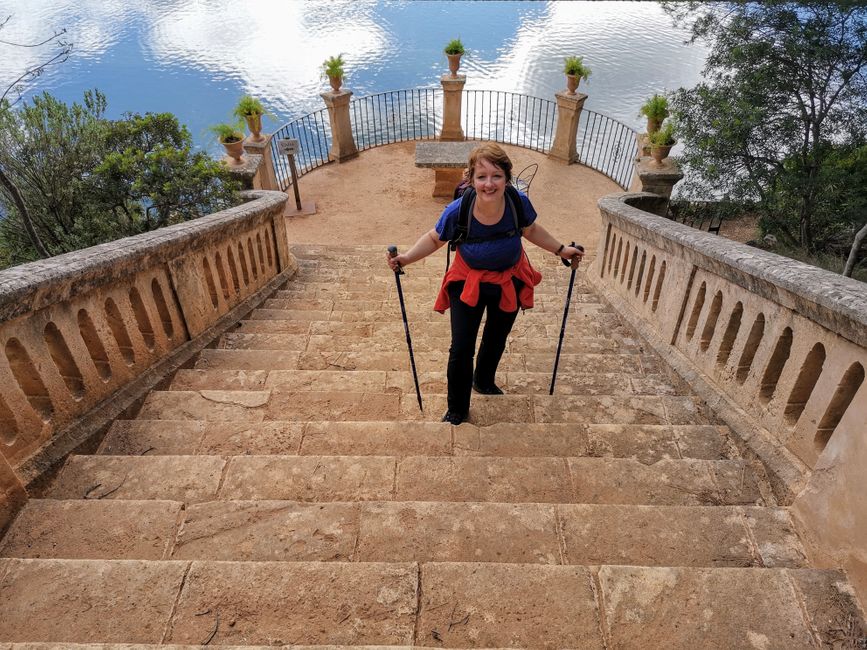Day 5, April 24, 2021: Orientation tour to Kyapa/Kitabu for the monthly farmers' meeting
Δημοσίευσε: 26.04.2021
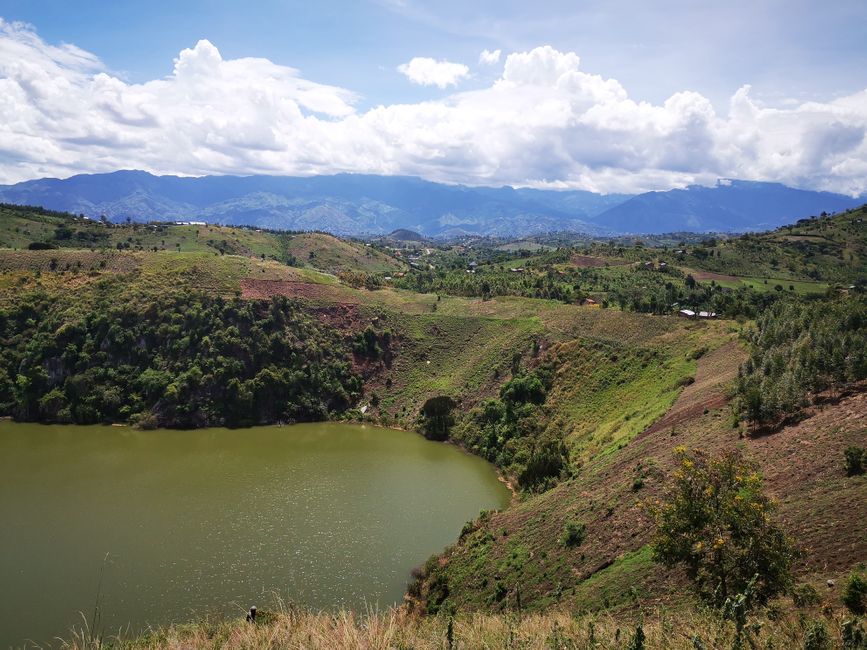
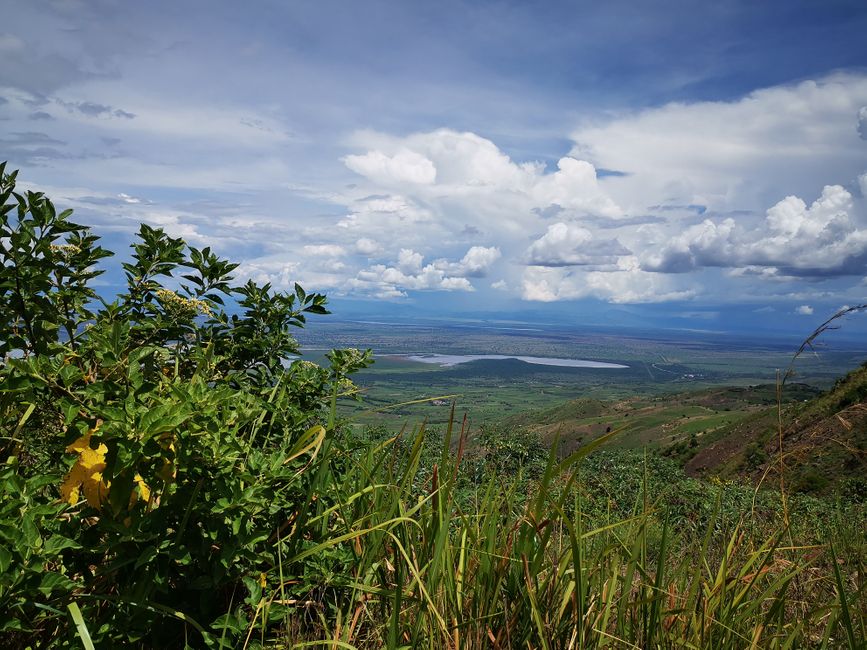
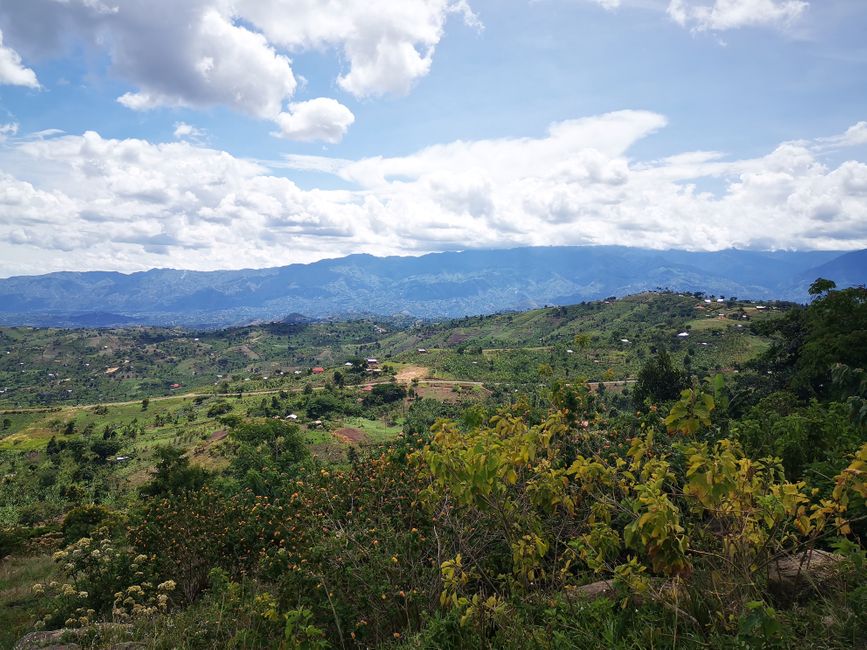
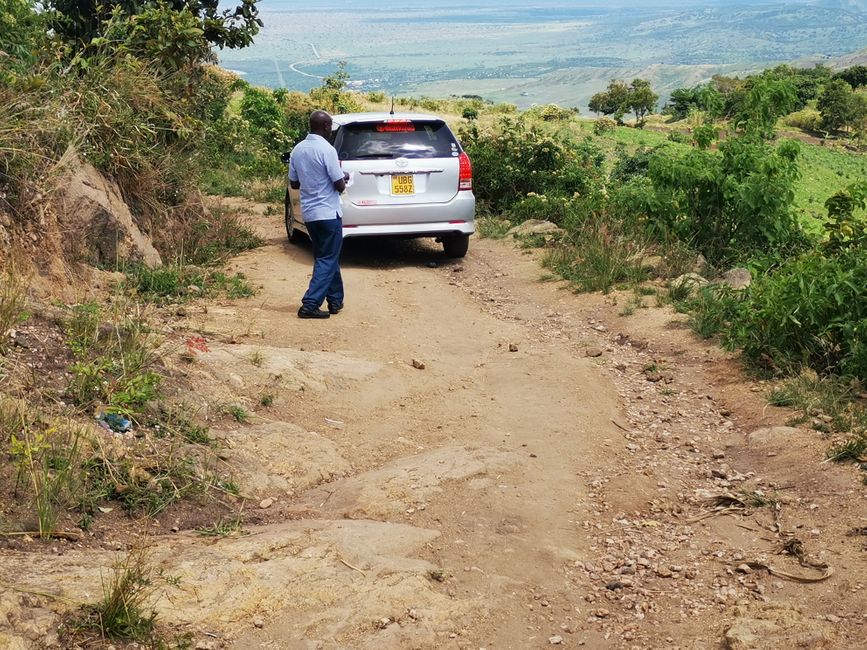
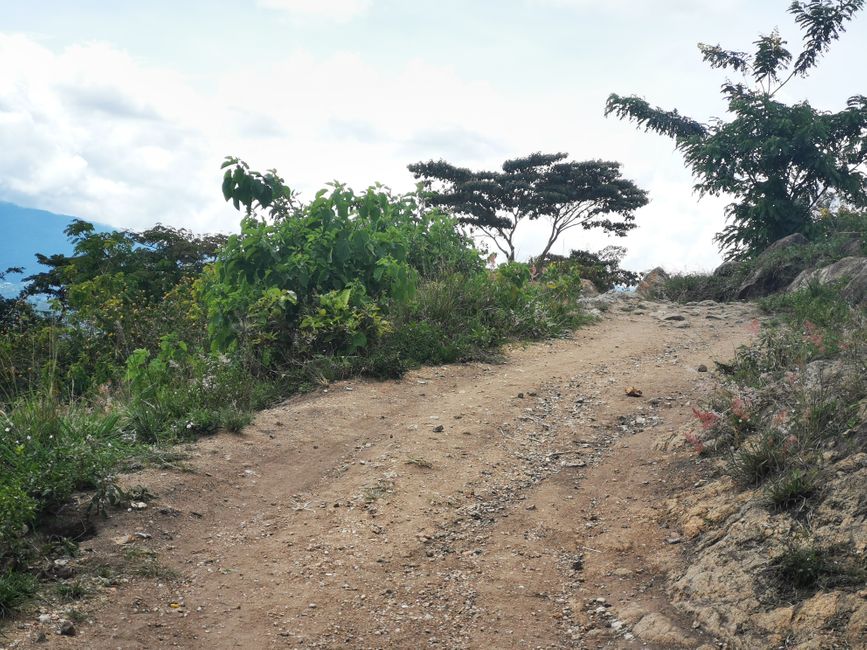
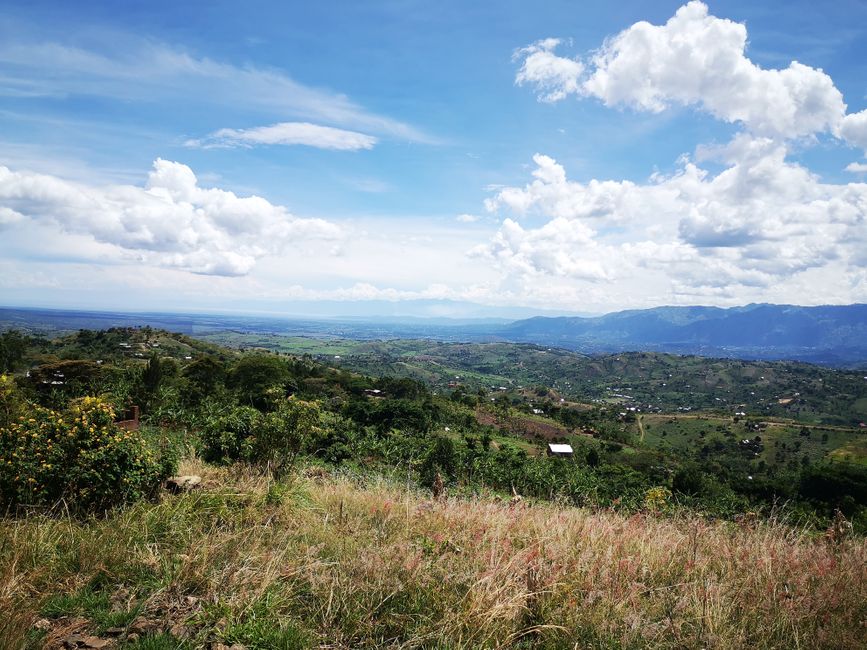
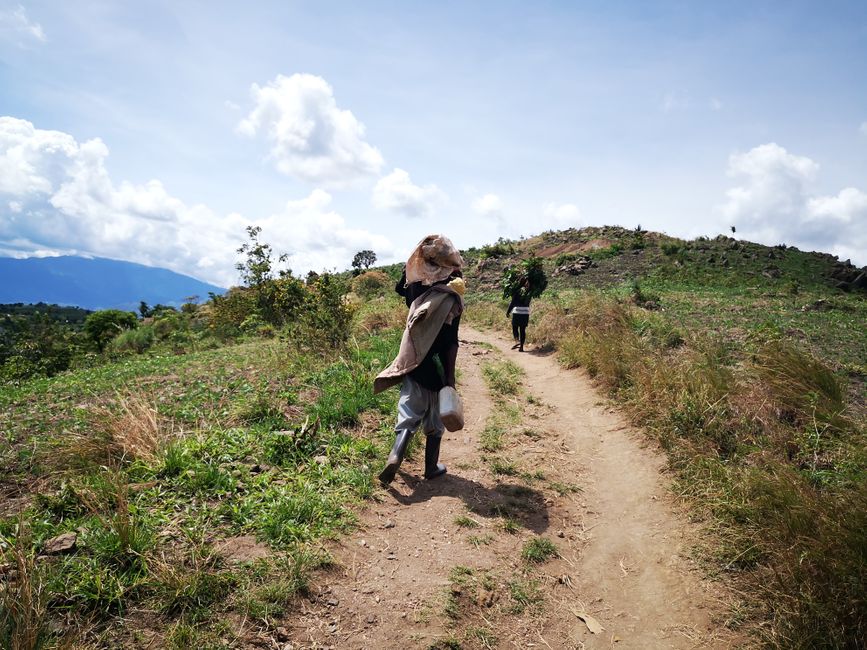
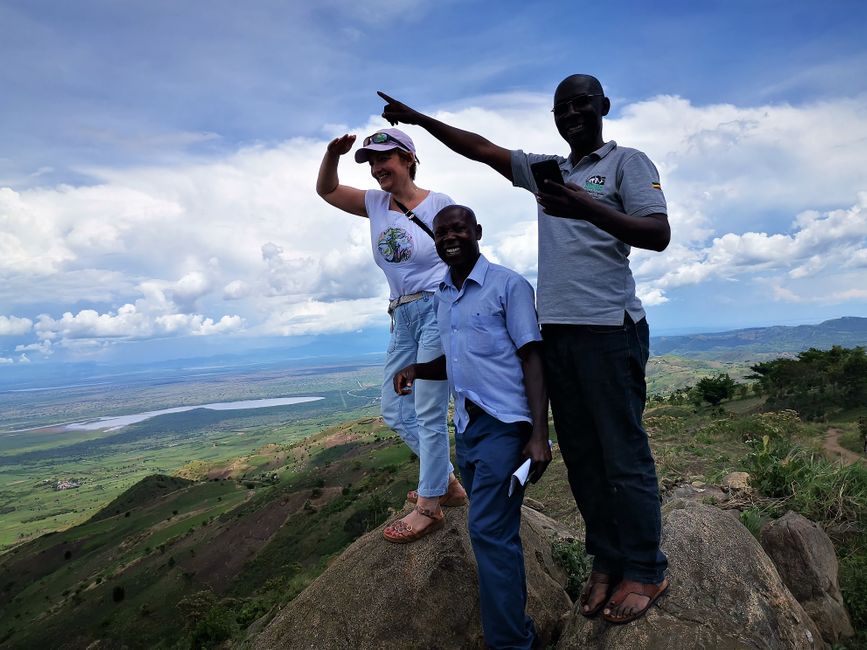
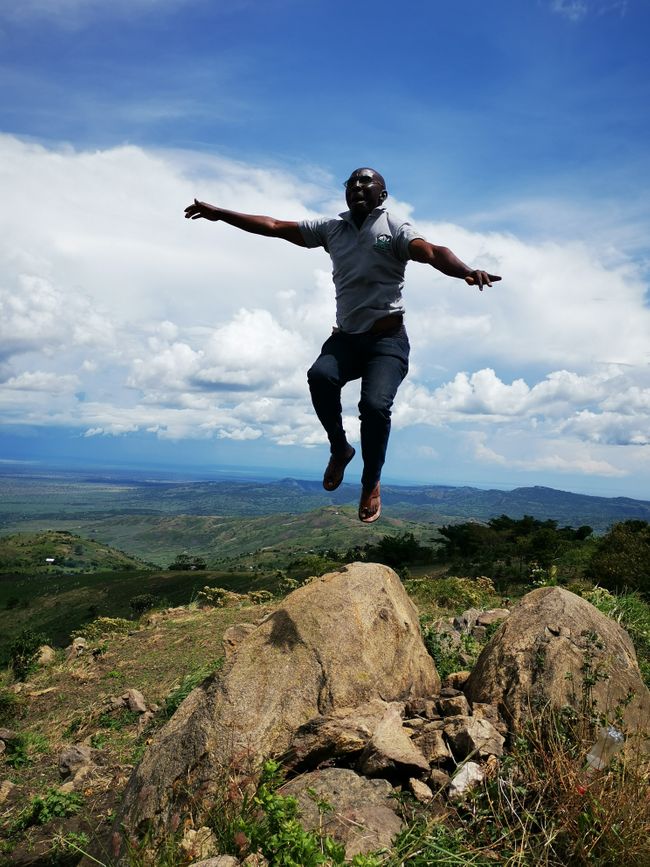
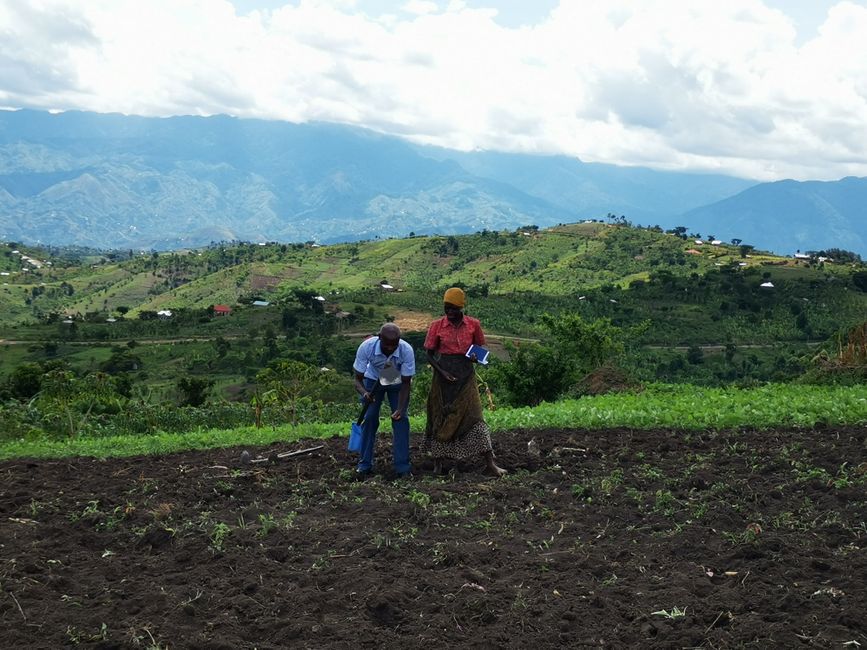
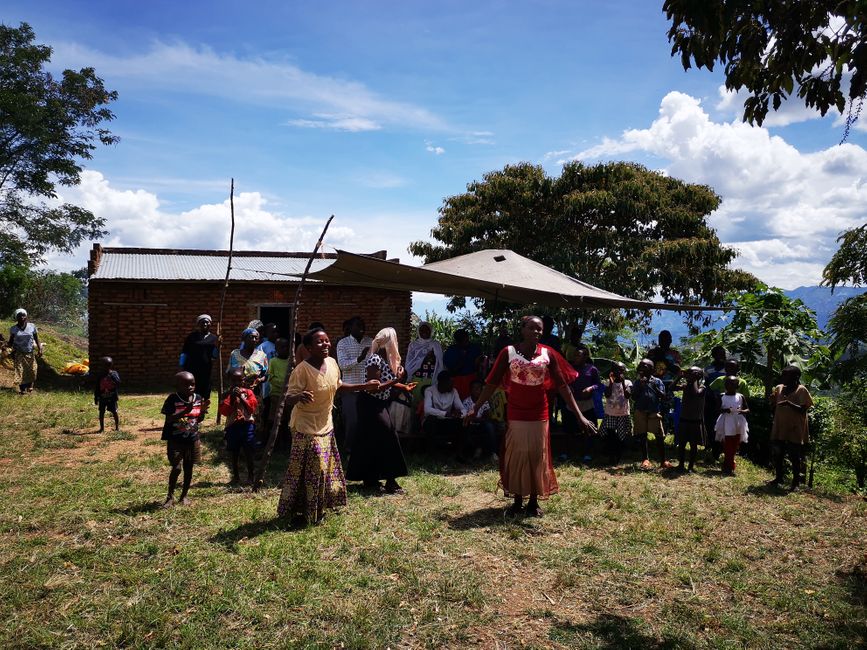
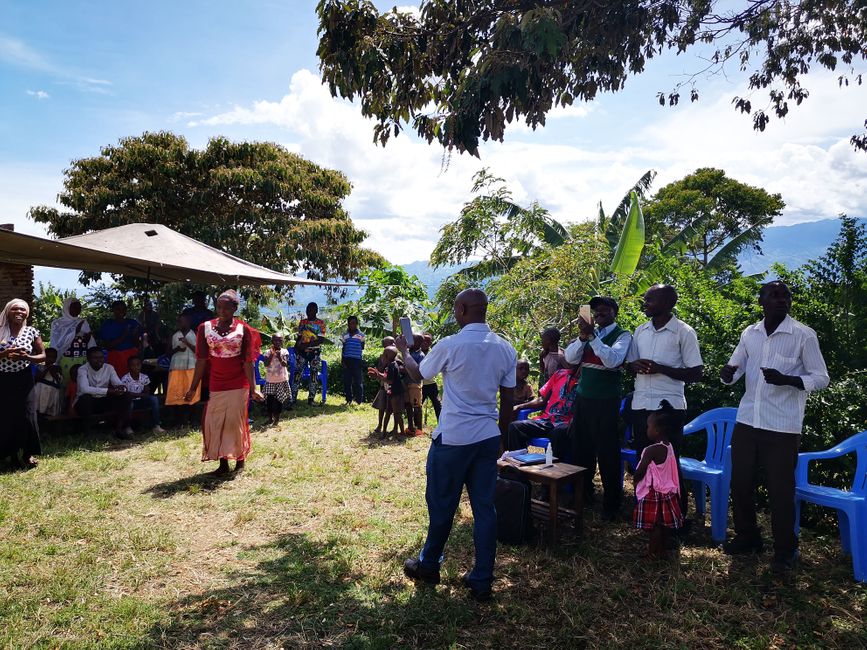
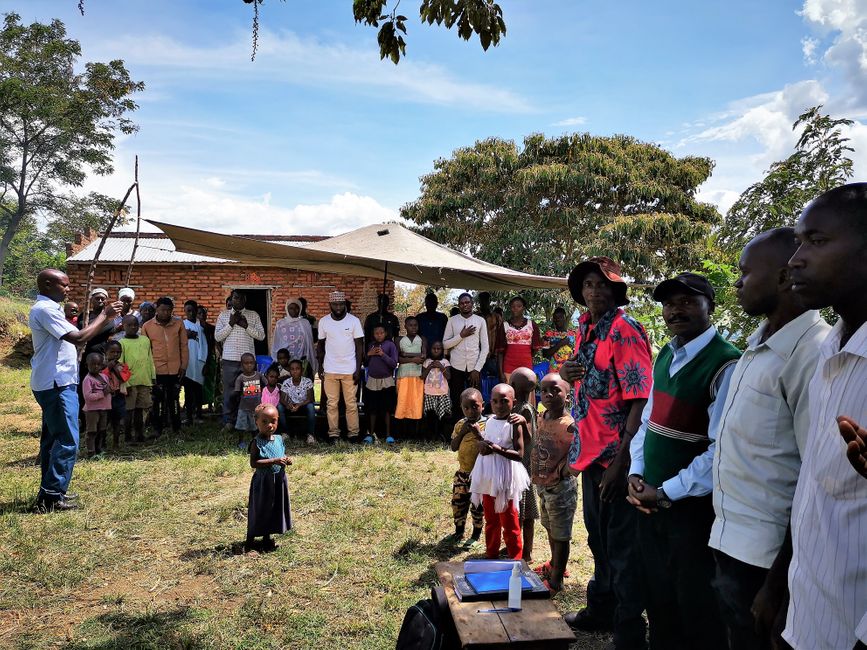
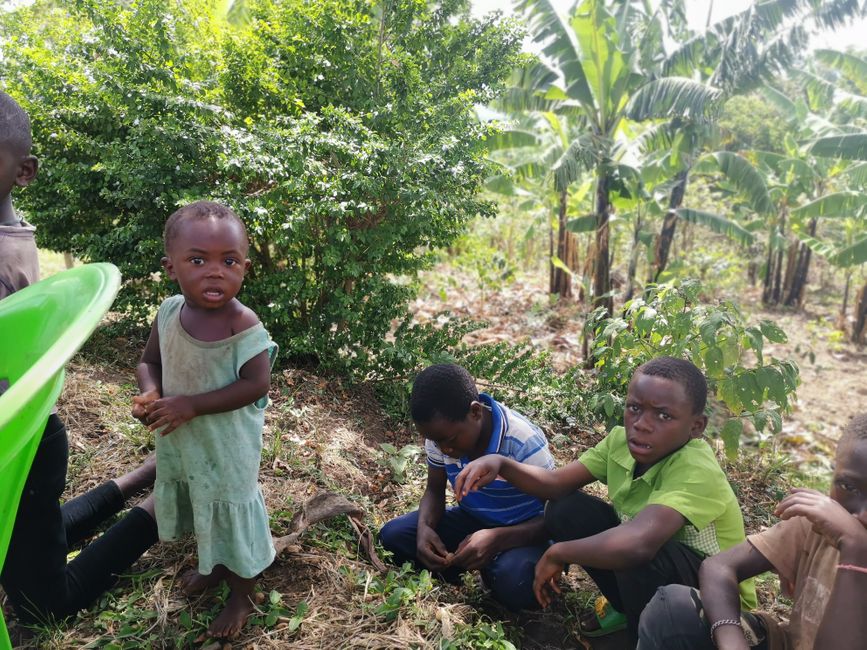
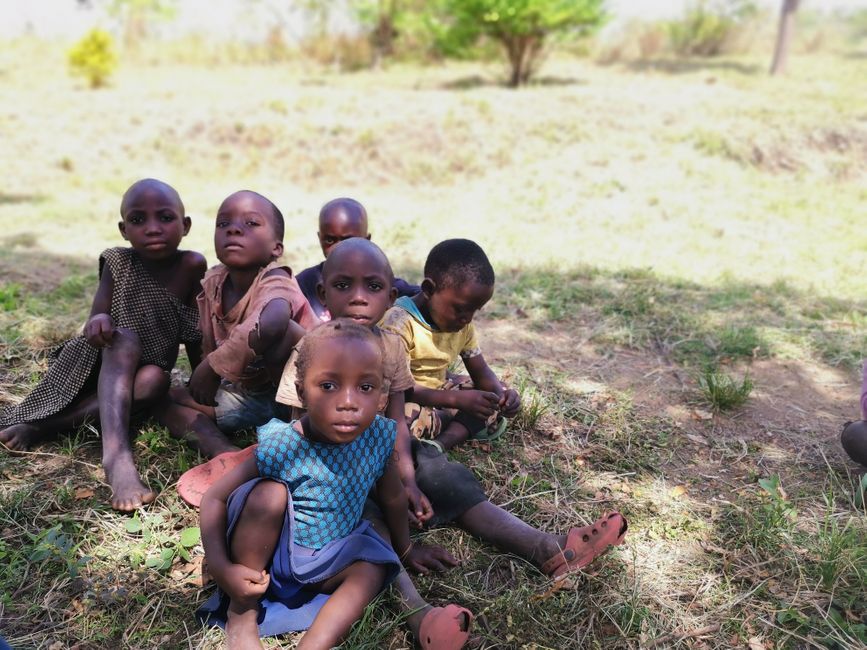
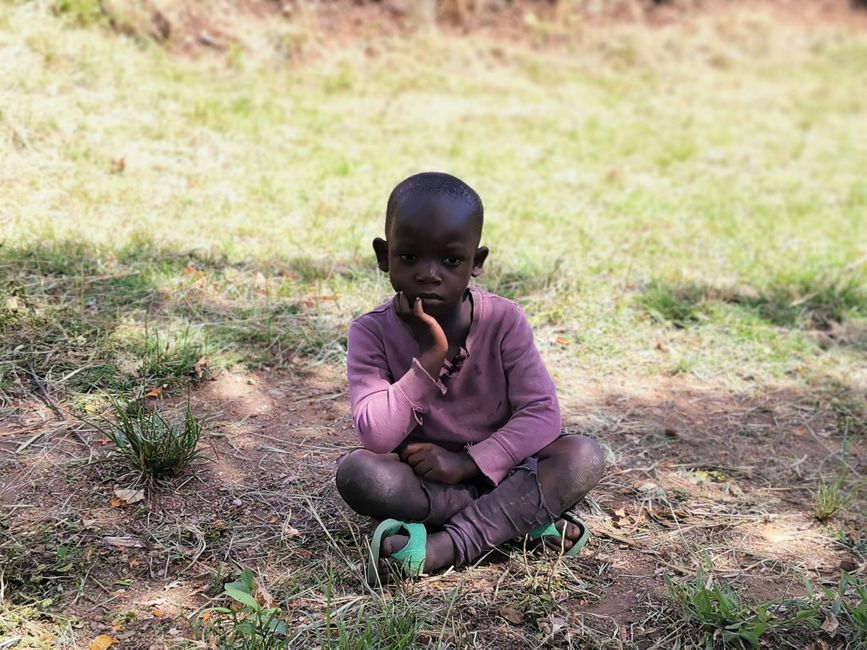
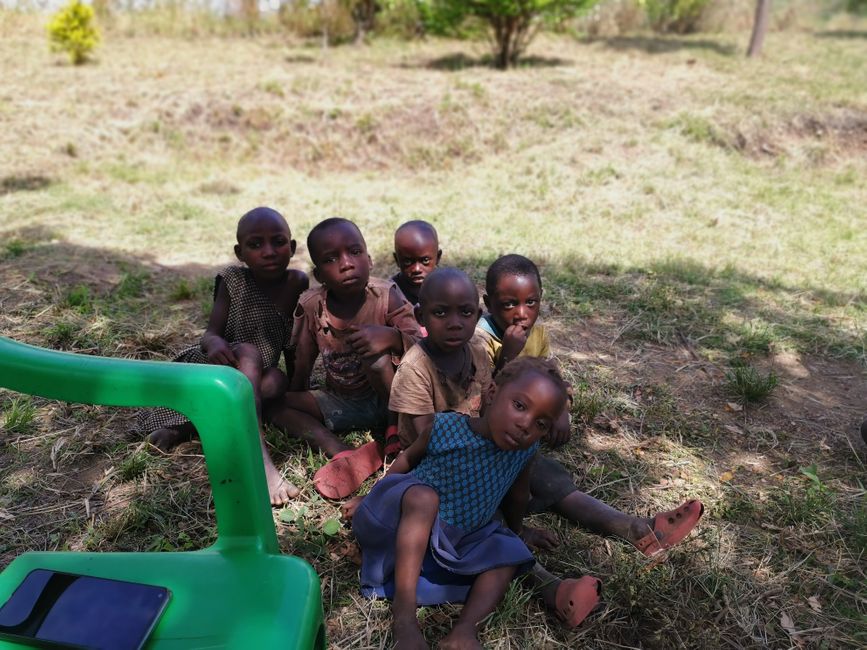
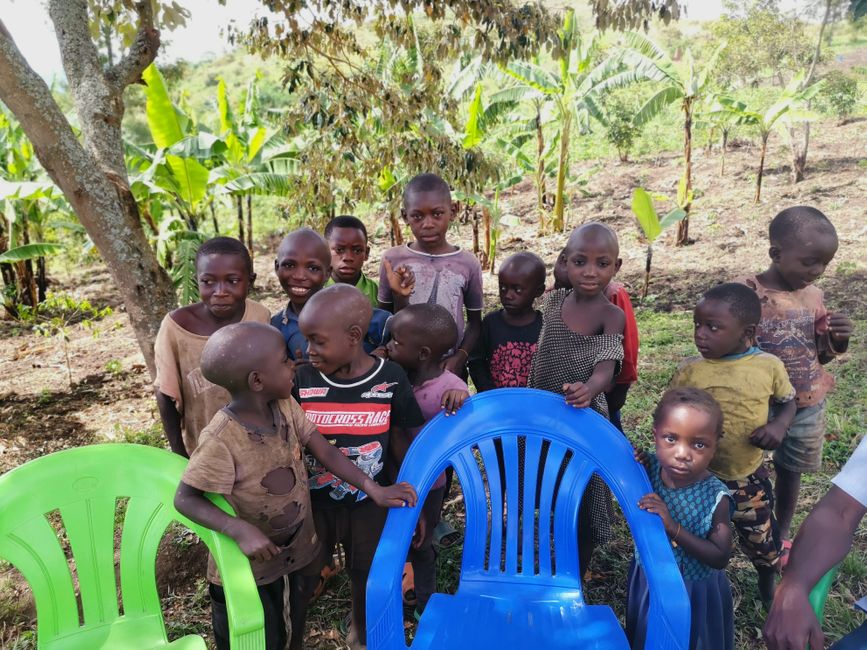
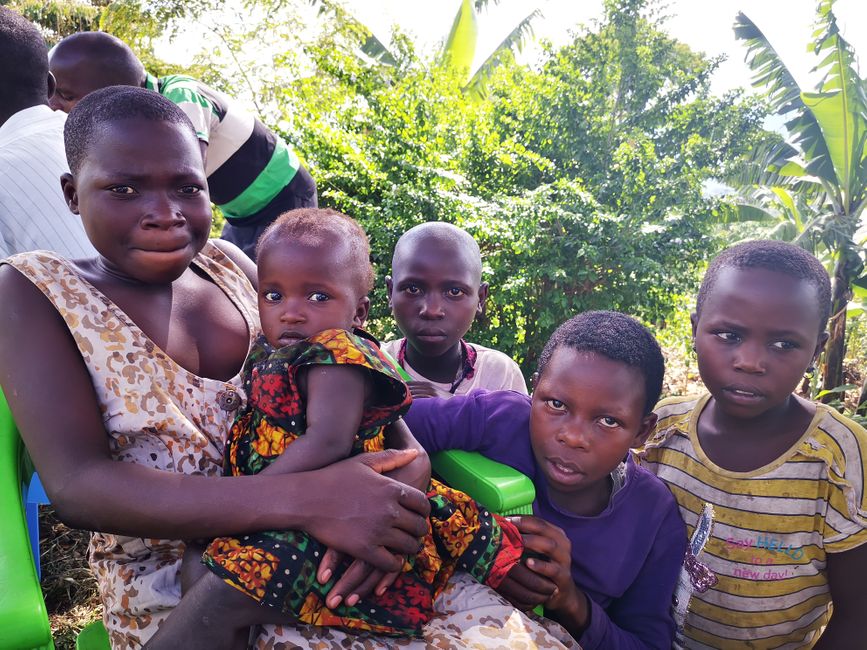
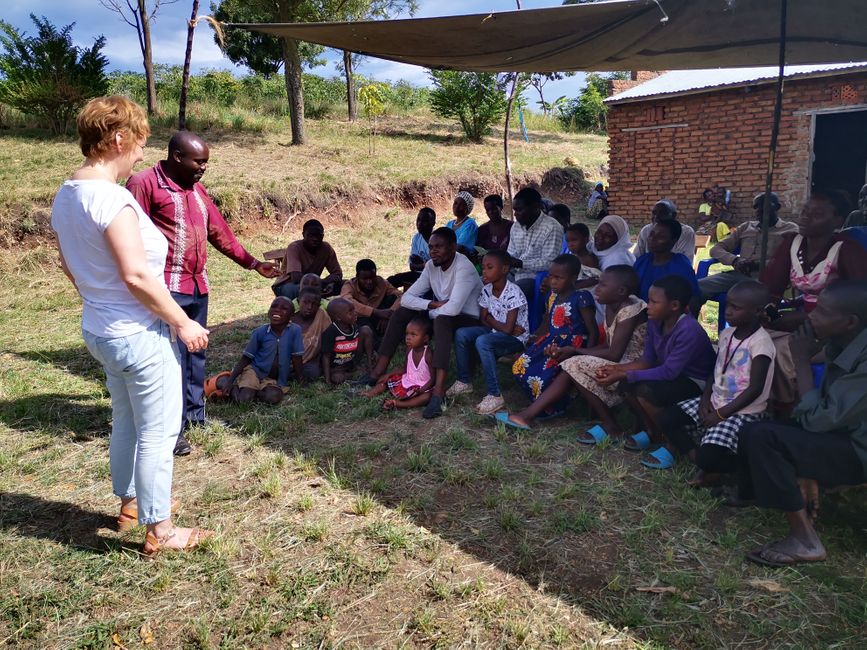
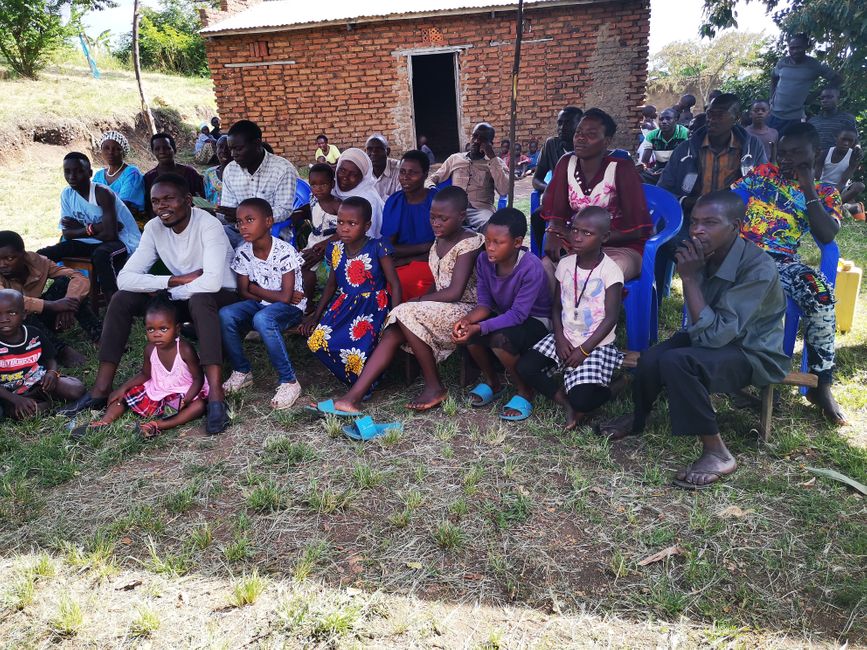
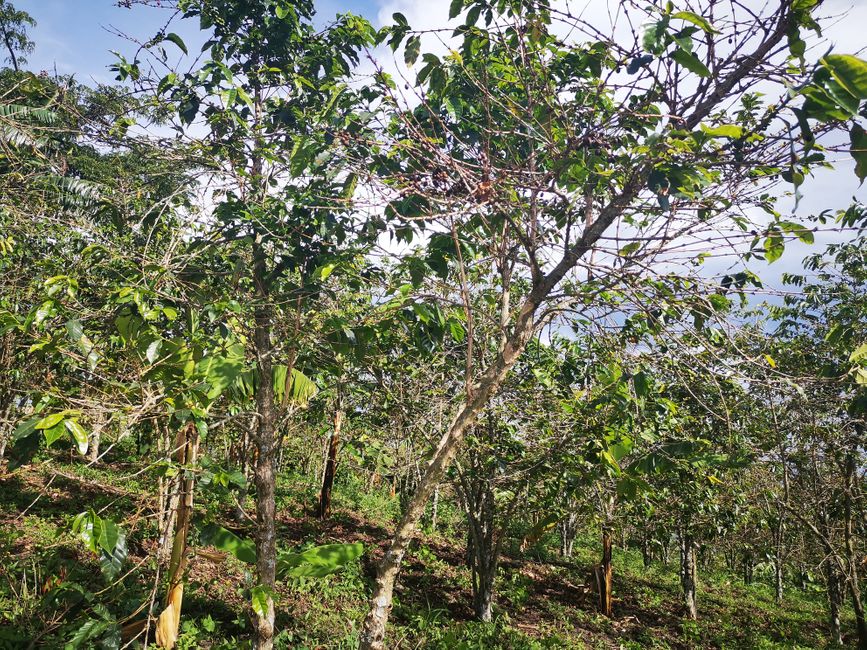
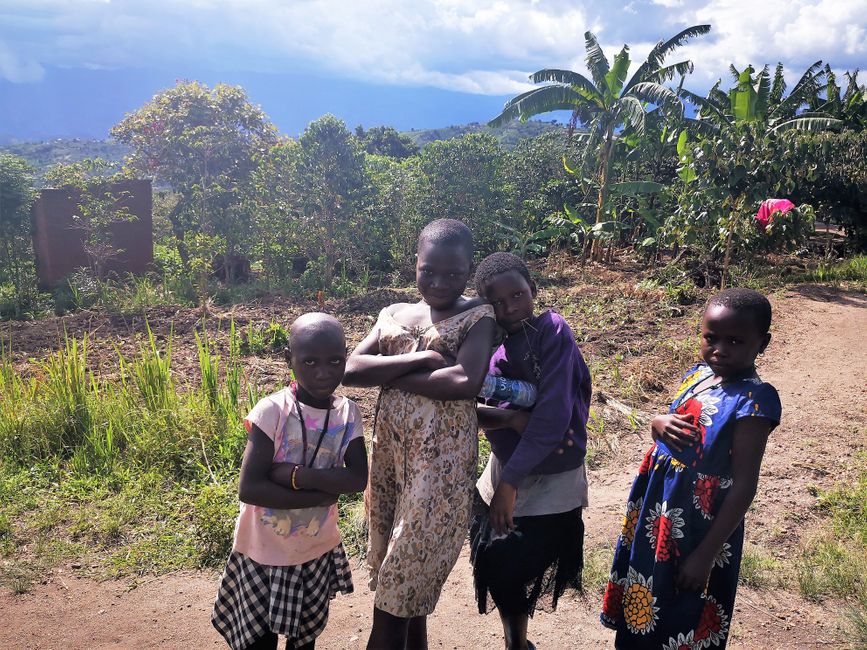
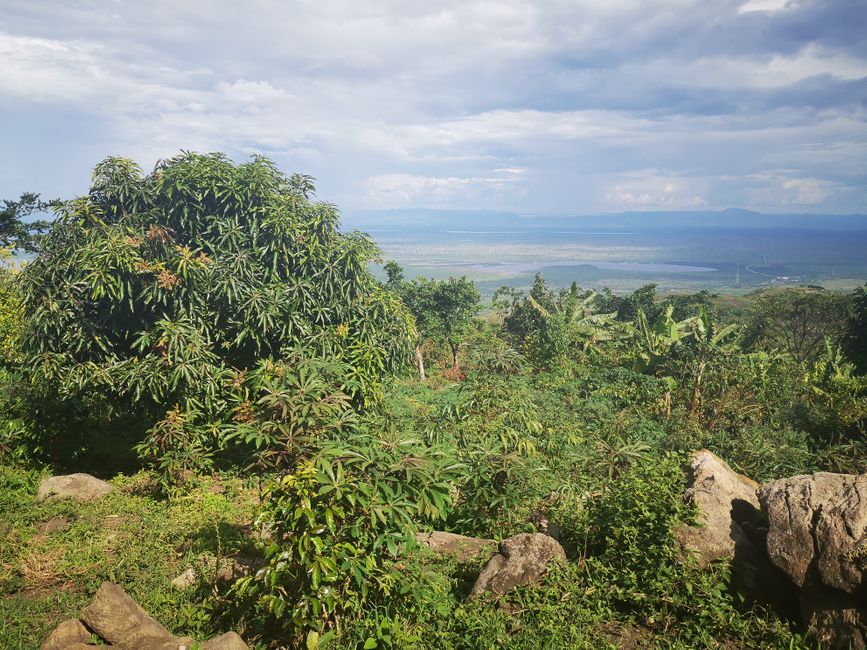
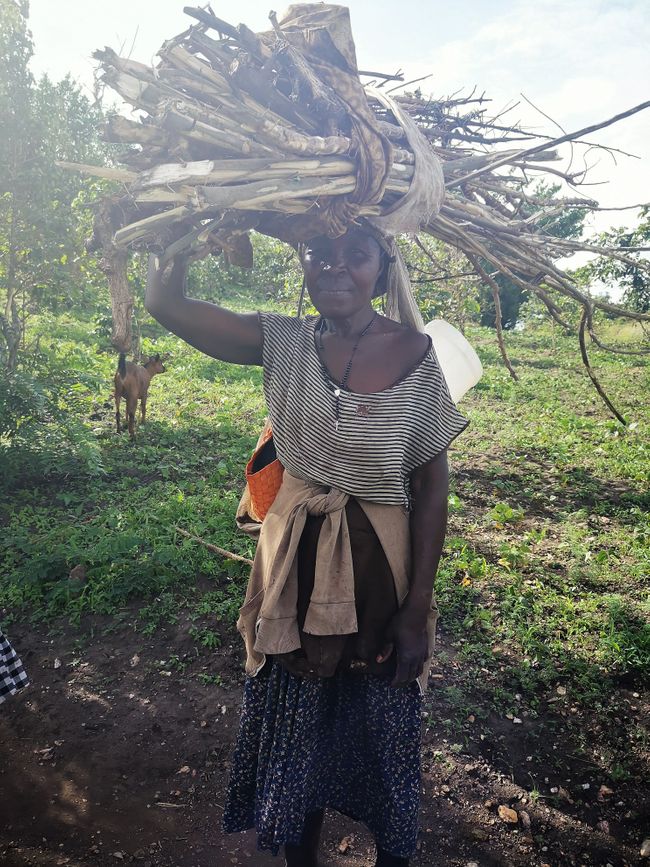
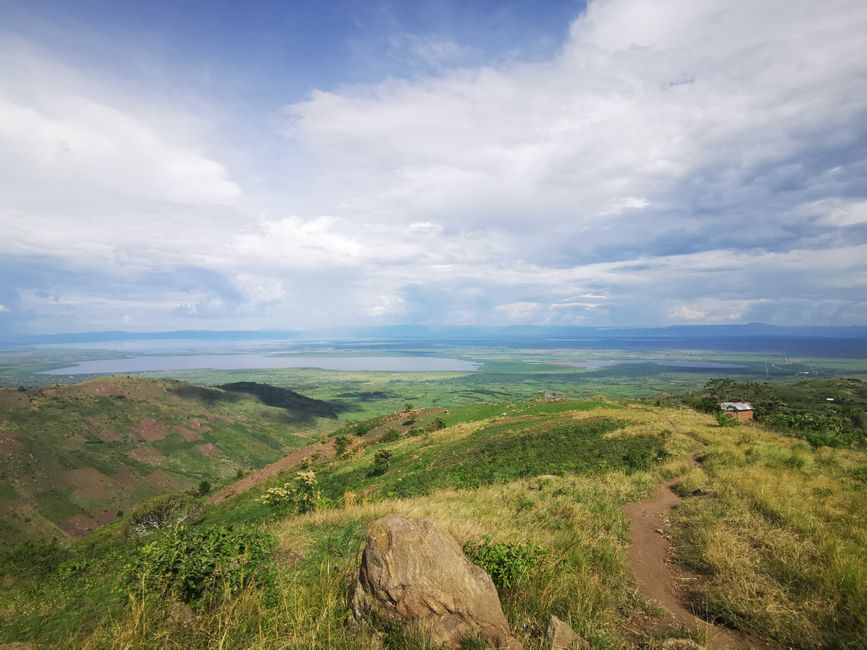
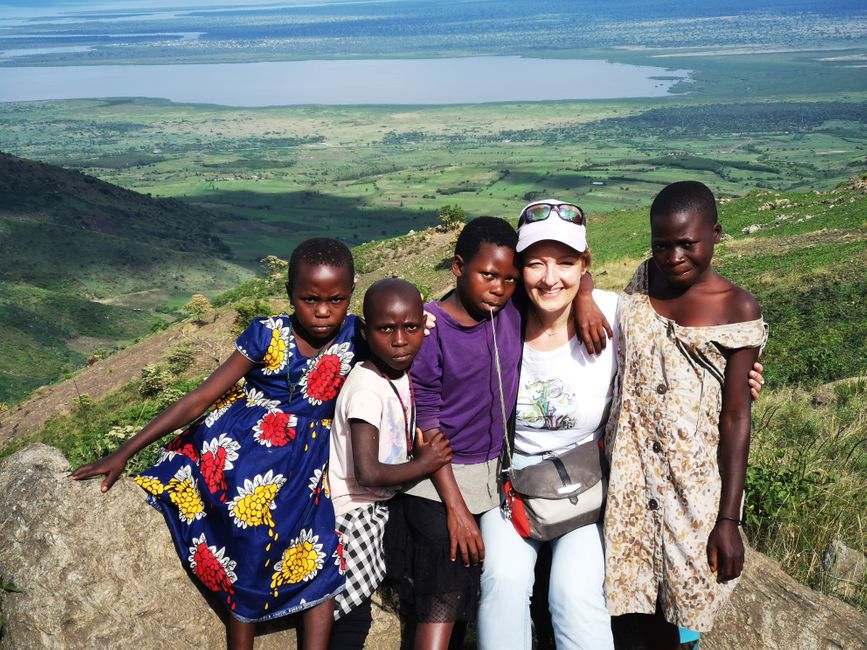
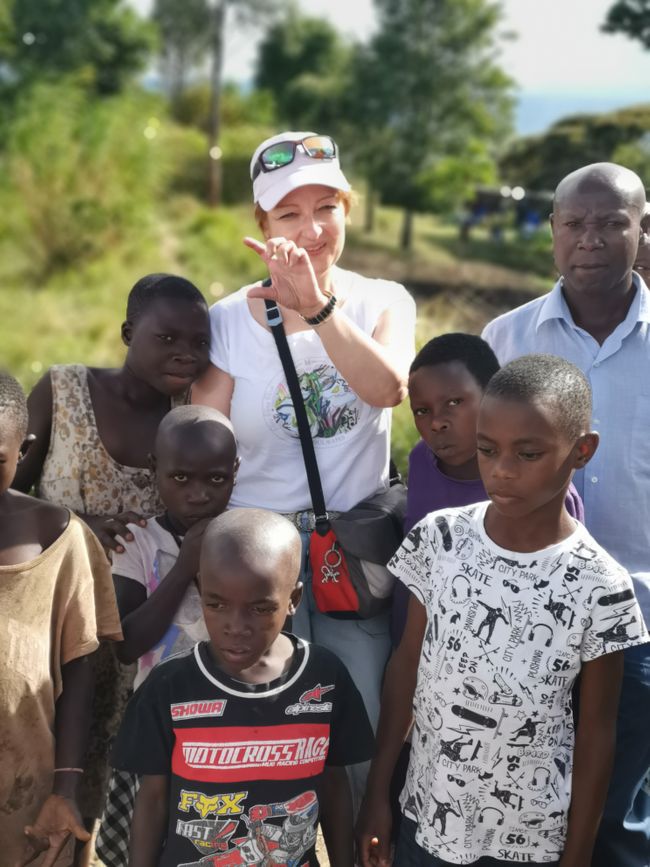
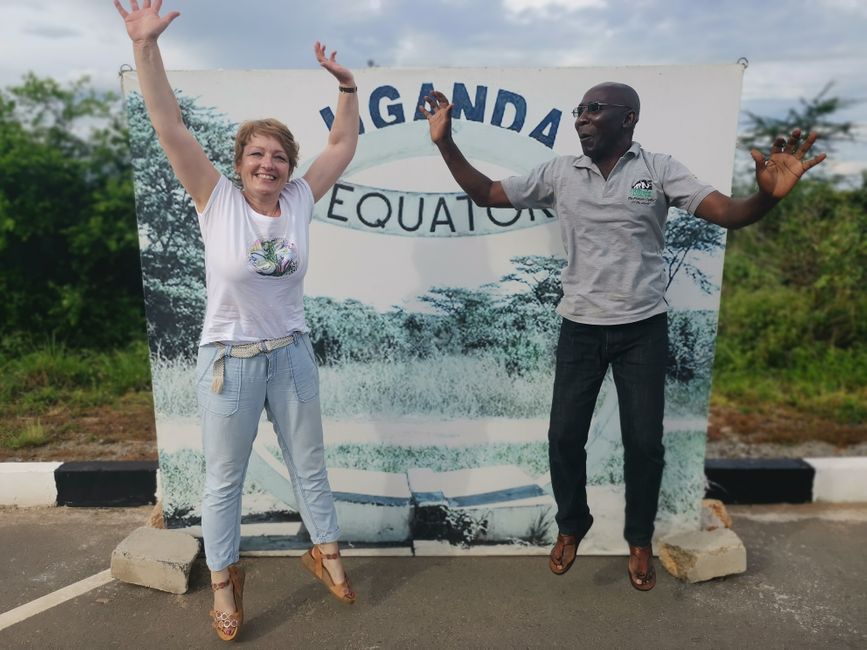
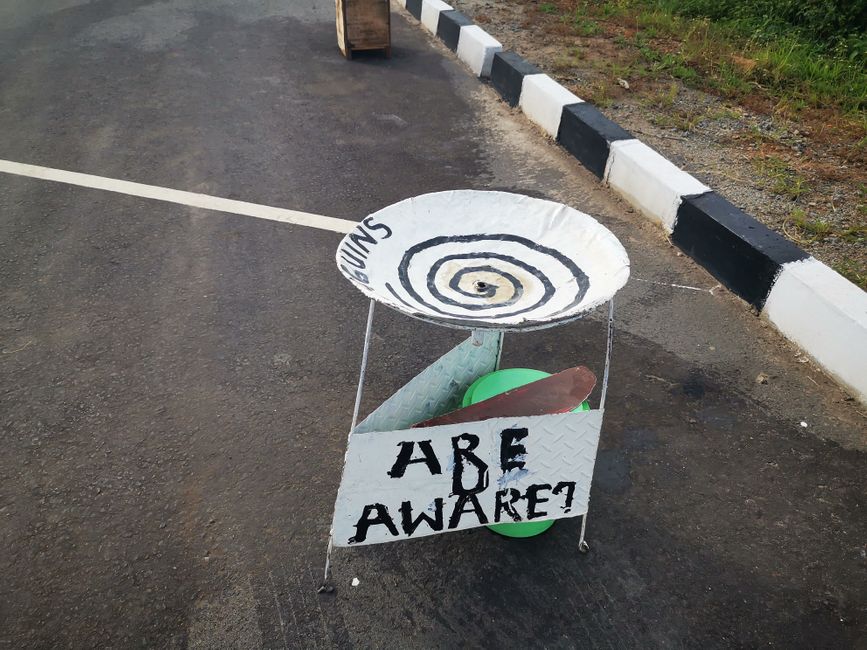
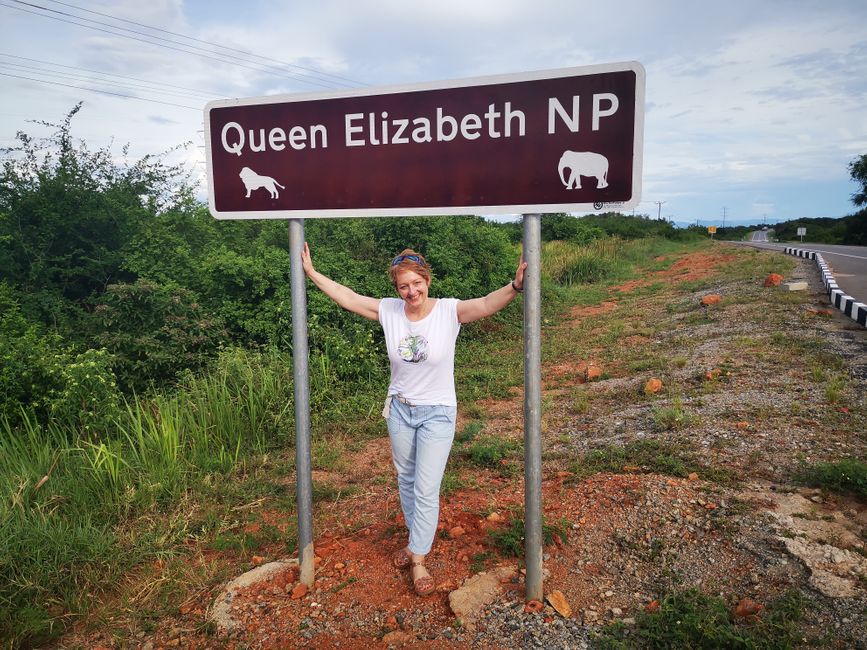
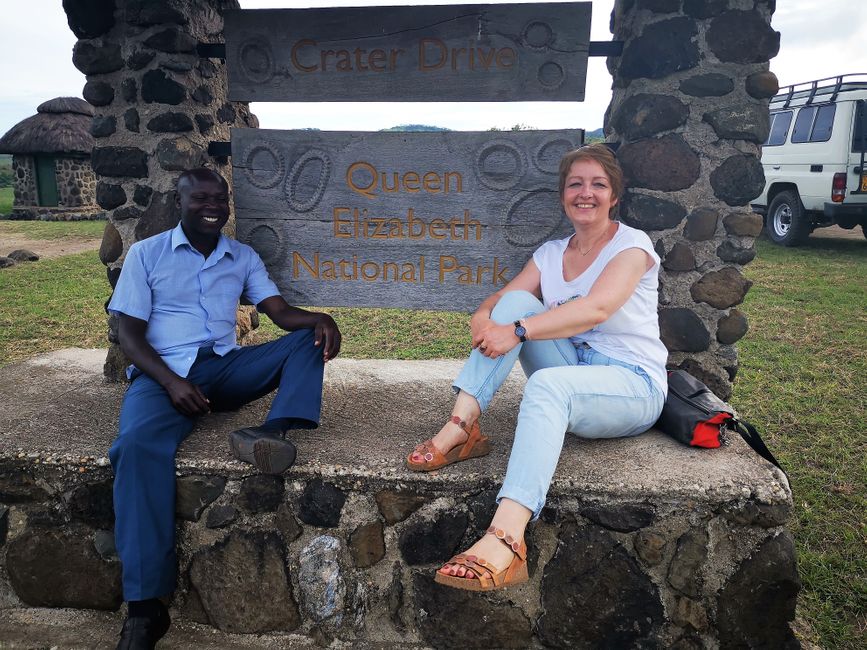
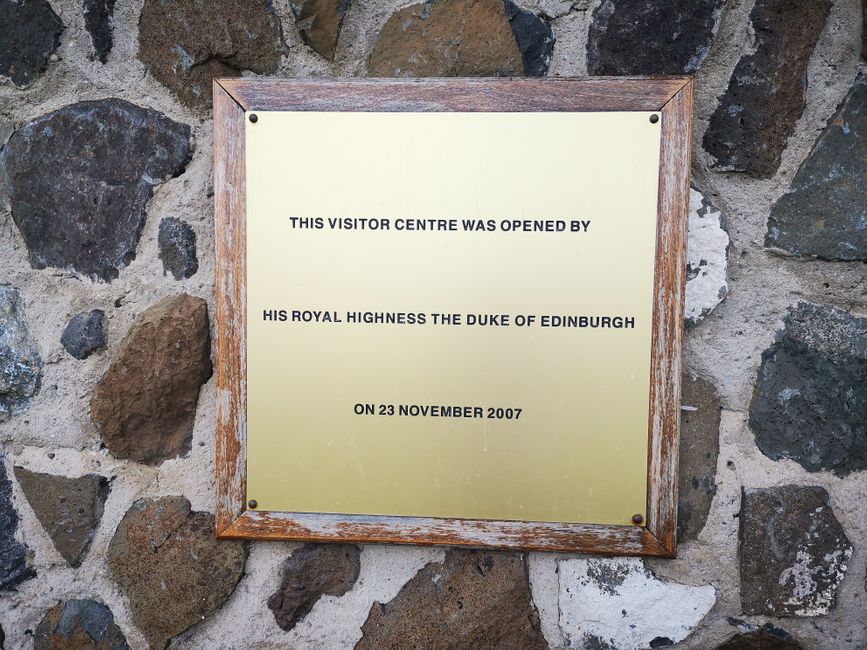
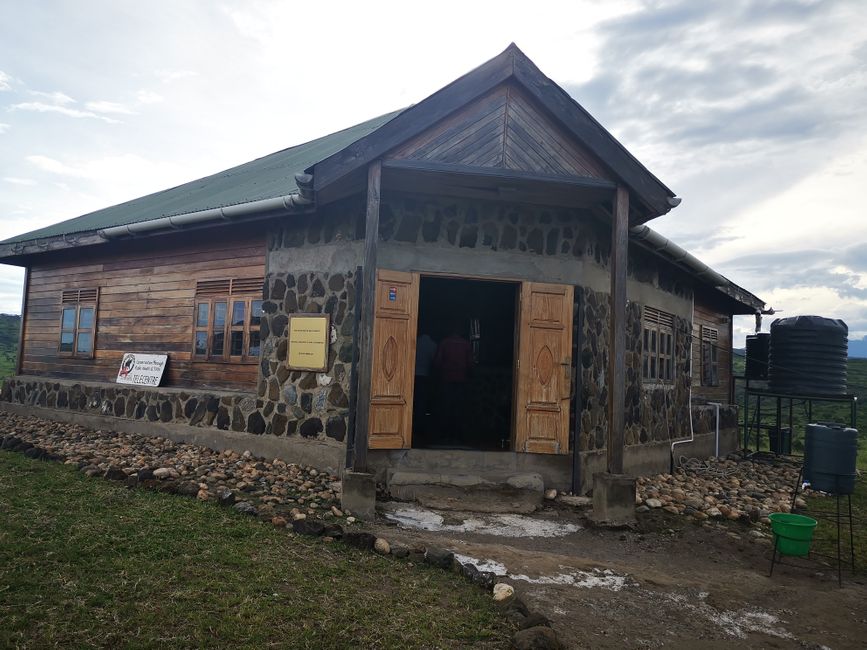
Εγγραφείτε στο Newsletter
After lunch, Bwambale, Ndumbuko, and I set off with our driver Baluku. We are going to a meeting of farmers from the region. RWECO-Vide organizes these monthly meetings and does a lot of educational work here. Each month focuses on different topics. Today, we will discuss financial issues and the importance of education.
On the way there, we pass a large collection of huts. Some people have fled here after the major flood last year and have made makeshift shelters. The government has ensured that they can live here free of charge, without having to pay rent or lease. Some aid organizations, like Save the Children, UNICEF, and World Vision, have also provided assistance.
Then we turn off the road onto a dirt road. Baluku drives us confidently as if his car is an off-road vehicle 😊
The farmers are already waiting for us, and I am greeted in a very special way, with dance and drums. Then everyone sings the anthem of Uganda. Before Ndumbuko and Bwambale start their program, there is an introduction round. There is a lot of laughter. The people here have a great sense of humor. For example, a young man introduces himself like this: "My name is Ali, I am a student, I am 19 years old, and I am single but searching".
I am also asked to say a few words to the attendees, a request that I am happy to fulfill.
Bwambale and Ndumbuko think it is important for families to come together, so they also bring their children. The meetings rotate in the region, and the families come early in the morning and return to their villages in the evening. This promotes exchange among the farmers.
At first, the children are a bit shy, and a little girl starts crying because she is afraid of me. This is the first time the children have seen a Mzungu, a "white-skinned" person, explains Bwambale to me. But the children's shyness quickly disappears, and soon they gather around me and join us on a little tour of the fields.
Here, coffee, bananas, beans, and sweet potatoes are grown, among other things. The farmers who come to these meetings are among the poorest of the poor. They mainly grow for their own consumption, so only a small portion is left to sell at the market. There is no irrigation system, so the people are completely dependent on rainfall. The cultivation on the steep slopes is still mostly without terraces, which is extremely demanding, and during heavy rains, everything is simply washed away.
The landscape is magnificent, and now, in the middle of the rainy season, everything is lush green. During the drive, there are great viewpoints over the entire plain, which is shaped by the large lakes like Lake George and Lake Edward. Lake Edward belongs to the neighboring Democratic Republic of Congo, which is only a few kilometers away.
On the way back, we stop at one of the starting points in the Queen Elizabeth National Park. The Queen visited here in 1952, and the national park was renamed in her honor. On the parking lot, Baluku introduces me to a British sibling pair who trade coffee and have already made a lot of positive impact in the region.
In the visitor pavilion, I buy a packet of coffee; part of the proceeds is used to protect the gorillas.
Since the equator is right around the corner, we also make a detour there, and I jump between the northern and southern hemispheres.
Εγγραφείτε στο Newsletter
Απάντηση

Ταξιδιωτικές αναφορές Ουγκάντα

